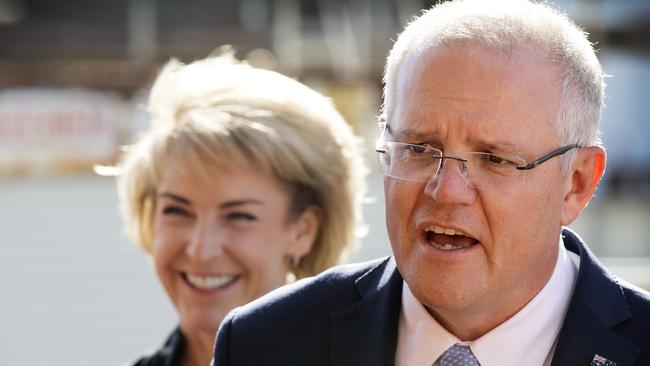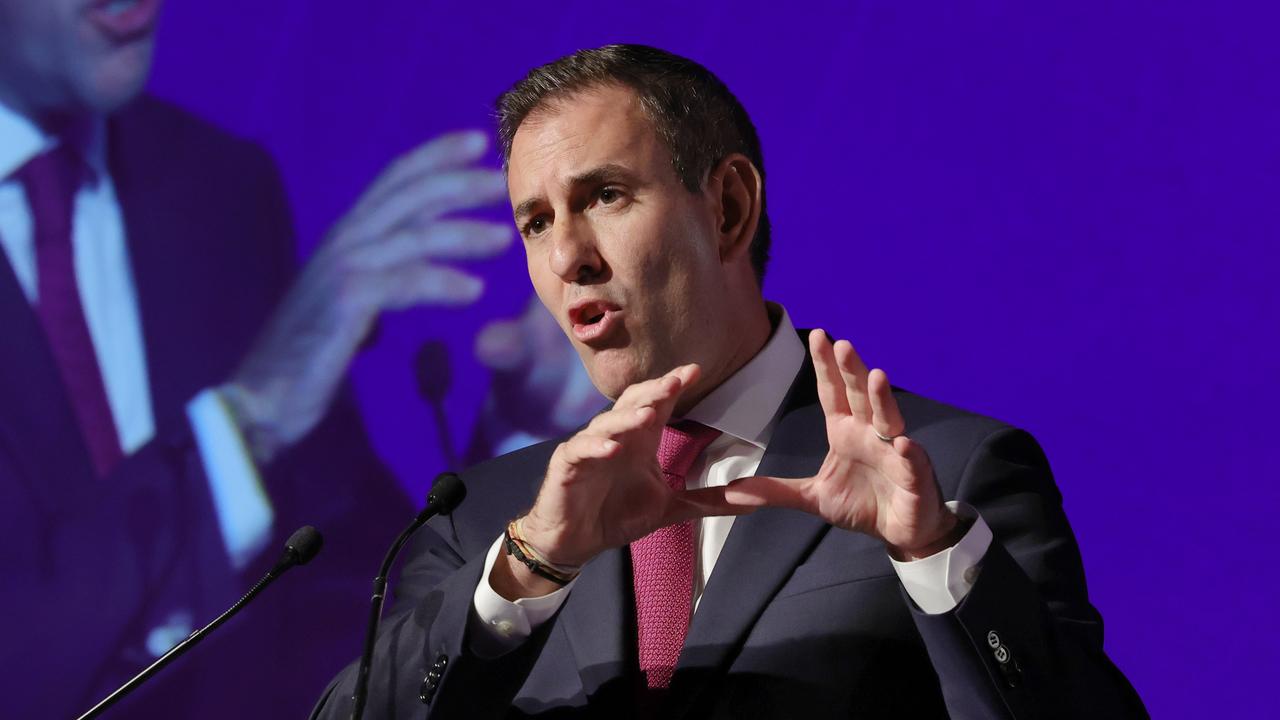
But Michael Wright, the CEO of Australia’s largest building organisation, CIMIC, which incorporates CPB Contractors, formerly Leighton, Thiess, Sedgman, Pacific Partnerships and UGL, has decided to take Morrison and Cash head on by slowing down payments in part of his operation.
The government has limited scope to boost employment given its budgetary aims. Lower interest rates increase house prices but are no longer boosting employment, and while the low housing deposit scheme will help employment in home building, it has a restricted impact.
The Morrison/Cash plan to have businesses and government pay debts within 20 days of invoice is the best hope that Australia has to substantially boost the level of full time employment.
Wright’s UGL subsidiary has told subcontractors and suppliers that whereas their previous policy was to pay their bills in 30 days they would now be paid 65 days after the end of the month when their invoices are issued.
Given the power of Michael Wright there is little doubt that if he gets away with this move in UGL he will take it right through the building industry, in direct contravention of the thrust of the Morrison-Cash policy.
It seems that Wright/UGL are structuring their campaign to force their suppliers to wait longer for payment to avoid the thrust of the powerful Australian Building and Construction Commission.
The ABCC can set in motion the black-listing of a builder if it breaches building codes but Commonwealth money must be involved in a project for the ABCC to act.
The building codes covered by the ABCC legislation require builders to comply with the security of payment laws in each of the states and territories. Each state and territory has different laws but for the most part they look for people to pay between 20 and 30 days.
But the codes are vague in many areas and are confined to a loosely-defined supply chain.
Hopefully the actions of Michael Wright will convince each of the states and the commonwealth to really tighten the rules. UGL specialises in rail projects and has contracts to supply the Melbourne Metro Trains and Brisbane’s Cross River projects.
I am not suggesting in any way that CIMIC, UGL or Michael Wright are breaking the law. I did ask to them to talk to me about their strategies but, not surprisingly, they declined.

Michael Wright would be very familiar with the clearly-announced policy of the Prime Minister because Morrison announced his plan in a detailed statement to the Business Council of Australia in the presence of Michaelia Cash, who after the election was made employment minister (and well as small business) so she could implement it.
It’s worth quoting again what the Prime Minister said: “What really makes small businesses light up, is when they get paid and when they get paid on time. If you don’t pay them on time, it slows the whole show down. In the economy the money has got to move. If you slow its movement down, everything slows down.”
The government’s “pay on time” survey showed that Commonwealth agencies paid 97 per cent of their invoices under $1m within 30 days.
“The results also show that we’re on track towards our commitment to pay our invoices within 20 days, by July 1, 2019,” Mr Morrison said.
Having largely achieved that objective Morrison now moves to the private sector: “Trade between small and medium and large businesses totals about $550bn a year. Healthy cash flow is critical to these businesses. This issue is being consistently raised with us of course, by small and medium businesses, particularly with Michaelia as she’s travelled around the country … completed payment terms are being pushed out to 60, 90 and 120 days in some cases. Even loans are being offered to cover extended payment terms. So; ‘I’ll loan you some money, while I don’t pay you’.
“We will be developing an annual reporting framework requiring large business over $100m in turnover to publish their payment information. I want people to know who to do business with and people should do business with people who pay on time.
“They should know who they are, and they should be able to make those judgments and I’d like to see that as a positive incentive for businesses to pay more readily.
“It will cover 3000 of the largest businesses in Australia, including foreign companies and government entities. Small business will have more transparency, allowing them to do business with better payers.
“We are committed to using every available lever to support businesses by pursuing these processes across the supply chain and so we’ll also deliver a new government procurement connected policy, which will require those large businesses seeking to tender to have satisfactory payment times in line with the government’s pay on time policy of 20 days.”
CIMIC is a listed Australian public company and is 72.7 per cent owned by the German company Hochtief, which in turn is owned by the Spanish Group ACS.
Michael Wright is carefully restricting his attack on Morrison and Cash to one portion of his business. His building group is so large in Australia that even if the rules are tightened it will be very difficult to exclude the arms of CIMIC from building contracts in an environment where there is a large amount of infrastructure building being conducted.
And there are two pieces of irony in Michael Wright’s strategic plan. The first is that he is currently conducting a CIMIC share buy-back, so the suffering suppliers of his group are in fact helping to fund a return of capital to share owners.
Secondly Wright suggests that his struggling suppliers can borrow from a financier linked to the CIMIC group who is prepared to buy the CIMIC debt at a discount----exactly the strategy that the Prime Minister of Australia isolated and blasted.
Wright clearly believes he can take on the Prime Minister and the government and win.





The Prime Minister of Australia, Scott Morrison, and his Employment Minister, Michaelia Cash, have a plan to boost employment in Australia by speeding the rate of payments in the business circle.